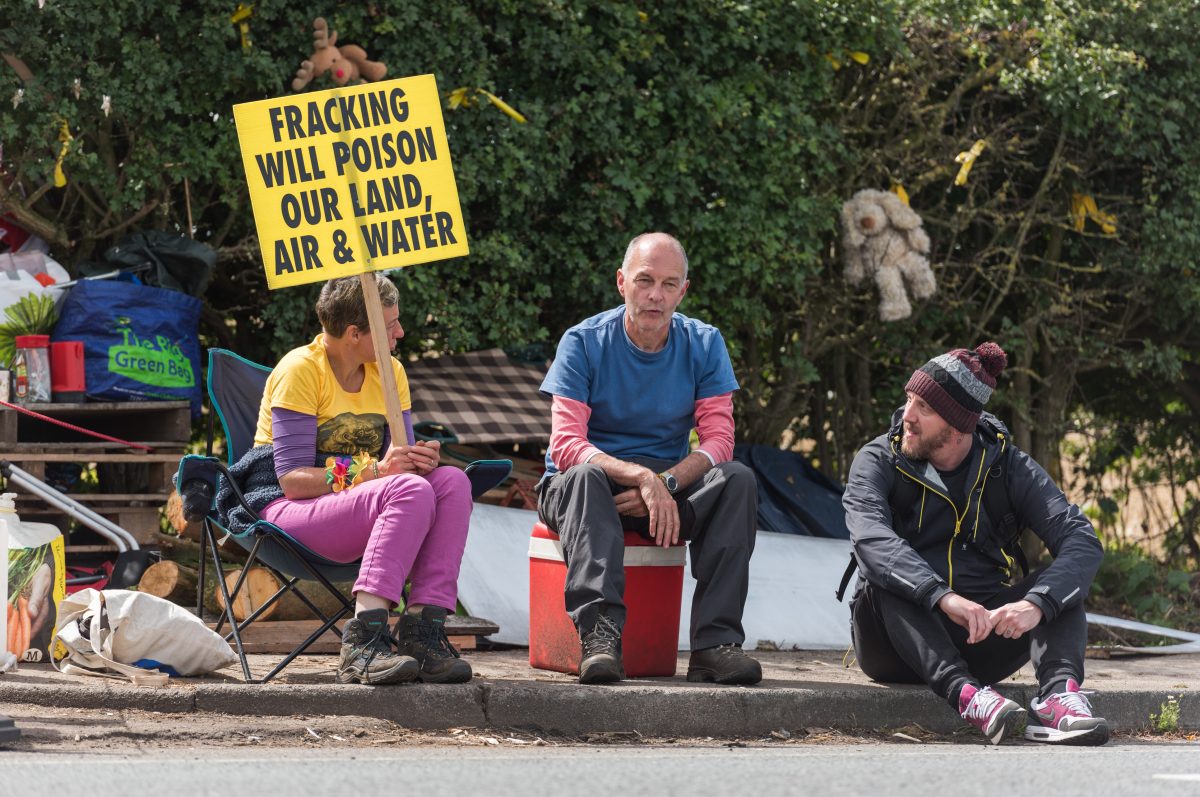As households face an ongoing energy bills crisis, some politicians and industry voices are again calling for a revival of fracking – the controversial process of extracting shale gas by hydraulic fracturing.
Proponents claim that fracking could boost the UK’s “energy security” and lower bills. But these claims do not stand up to scrutiny. The evidence shows that fracking is unsafe, unpopular, and unable to make any meaningful difference to our energy needs or prices.
The safety and environmental risks
Fracking has been linked to earth tremors, groundwater contamination and significant methane leaks – a greenhouse gas far more potent than CO₂ in the short term [pdf]. The UK’s own shale gas exploration was halted after repeated small earthquakes near Blackpool in 2018 and 2019, which the Oil and Gas Authority concluded could not be predicted or effectively controlled.
Public opposition
Communities near proposed fracking sites have consistently voiced strong opposition, citing risks to health, the environment and local infrastructure. It is even deeply unpopular among the very voters pro-fracking politicians are trying to court.
No real impact on bills
The idea that fracking could cut energy bills is misleading. Gas produced in the UK is sold on the international market, where prices are set globally. Even at full scale, UK shale gas output would be tiny compared to demand – making no difference to the global price spikes that have driven the current crisis.
In fact, a former Conservative minister and the government’s own climate advisers, the Climate Change Committee (CCC), have made clear that fracking cannot play a significant role in meeting UK energy needs while meeting legally binding carbon targets.
An outdated distraction from real solutions
With analysis of official data showing that just 14% of the North Sea’s original gas reserves are still commercially viable, and that the UK will be unable to meet domestic heating needs from North Sea gas as soon as 2027, we must look to proven, clean, and affordable alternatives.
Instead of pursuing risky and unpopular fracking projects, the country should focus on:
- Accelerating investment in homegrown renewables – wind and solar are now some of the cheapest forms of power, already generating clean electricity for millions of homes.
- Upgrading insulation and ventilation in cold, damp homes – cutting bills, improving health, and reducing gas demand.
- Reforming energy pricing and market rules – so households benefit from low-cost renewables instead of paying prices set by expensive gas generation.
Fracking offers none of these benefits. It would lock us deeper into fossil fuel dependency, worsen the climate crisis, and divert attention and resources away from the measures that can genuinely cut bills and keep homes warm.
Other sources:
- Fracking in the UK – ECIU/UK Energy Research Centre analysis
- Can fracking solve the UK’s energy crisis? – S&P Global
Image credit: seeshooteatrepeat / Shutterstock.com image from Blackpool taken on 31/07/2017 of anti shale gas fracking protestors.

